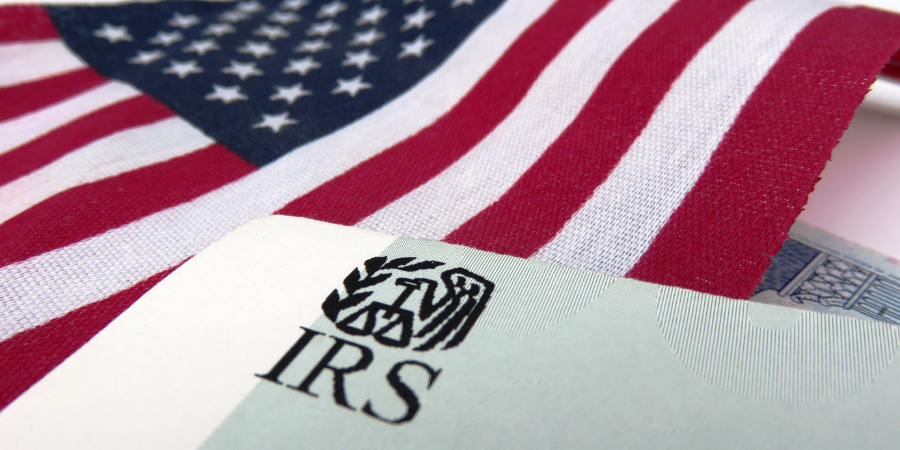The recent Visa and MasterCard antitrust lawsuit settlement, totaling $5.5 billion, offers a significant opportunity for merchants who have accepted these cards from January 1, 2004, through January 25, 2019. The lawsuit claims that merchants paid excessive fees due to Visa and MasterCard’s anticompetitive practices. Merchants now have until August 30th, 2024, to apply and potentially recover funds.
Understanding the Settlement Class
The settlement creates the Rule 23(b)(3) Settlement Class, encompassing all businesses that accepted Visa and MasterCard-branded cards in the United States during the specified period. However, it excludes dismissed plaintiffs who previously settled and dismissed their lawsuits, the U.S. government, named defendants and their associates, and financial institutions involved in issuing or acquiring Visa or MasterCard transactions.
How the Settlement Benefits Merchants
The core of the lawsuit revolves around claims that Visa and MasterCard, along with their member banks, violated antitrust laws by charging merchants excessive fees to accept their cards. By applying to this settlement, merchants can recover overcharges and improve their revenue. On average, audits related to such settlements have resulted in a 10% to 20% increase in revenue for affected businesses.
- Free to sign up for the settlement
- Get refunds for over billed merchant fees
- No out-of-pocket cost to sign up
Key Details for Merchants
Merchants should pay close attention to the “Notice of Exclusion” and additional notices sent out, explaining their rights and options in this case. It’s crucial for businesses to understand if they fall into the category of dismissed plaintiffs to ensure they can rightfully claim their share. For those uncertain about their status, consulting with experts like Comfort Profit Consulting can provide clarity and assistance in the application process.
Final Steps and Application Deadline
With the court expected to finalize the settlement by late 2024 or early 2025, now is the time for merchants to act. The deadline to apply for the settlement is August 30th, 2024. By taking advantage of this opportunity, businesses can potentially recover significant funds, directly boosting their financial health without upfront costs. Don’t miss this critical chance to secure your business’s share of the $5.5 billion settlement. Contact us today for more information!






